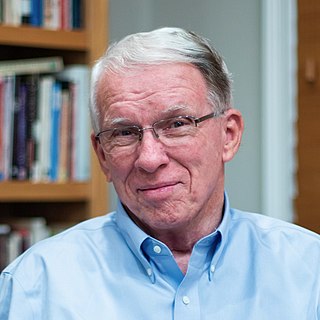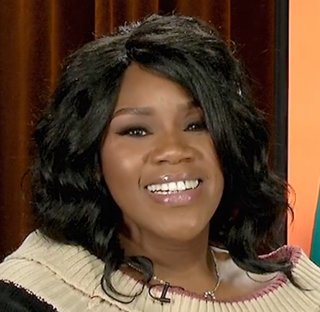A Quote by Larry Crabb
Men who as boys felt neglected by their dads often remain distant from their children. The sins of fathers are passed on to children, often through the dynamic of self-protection. It hurts to be neglected, and it creates questions about our value to others. So to avoid feeling the sting of further rejection, we refuse to give that part of ourselves we fear might once again be received with indifference.
Related Quotes
Most of us have felt barriers between ourselves and our fathers and had thought that going it alone was part of what it meant to be a man. We tried to get close to our children when we became fathers, and yet the business of practicing masculinity kept getting in the way. We men have begun to talk about that.
This is our punishment, our Tribulation. God has abandoned this world. The faithful have already gone on to their reward, and he has left the rest of us here, at the mercy of the demons and the devils. The sins of our fathers have passed to their children, and their children's children, and it will continue to be so until this world is completely destroyed. So it doesn't matter if you believe in God or not, because He is not here.
I don't think that all girls seek the influence of older men, but I think girls whose fathers are absent or recessed from their lives often do. And honestly, when I was growing up, fathers were generally pretty absent from their children's lives. We didn't see a lot of them. That may be something that has genuinely changed for the better in our culture: men are more present for their children now that more women are working.
The fundamental defect of fathers, in our competitive society, is that they want their children to be a credit to them. We all feel instinctively, that our children's success reflect glory upon ourselves, while their failures make us feel shame. Unfortunately, the successes which cause us to swell with pride are often of an undesirable kind.... Neither happiness nor virtue, but worldly success, is what the average father desires for his children.
Our love for children is so immediate in part because we feel their powerlessness immediately; conversely, part of the way we deny our love for men is by denying men's powerlessness. Too often we have confused love for men with respect for them, especially for their power to take care of us - which is really just love for ourselves.
Like all Xhosa children, I acquired knowledge mainly through observation. We were meant to learn through imitation and emulation, not through questions. When I first visited the homes of whites, I was often dumbfounded by the number and nature of questions that children asked of their parents-and their parents' unfailing willingness to answer them. In my household, questions were considered a nuisance; adults imparted information as they considered necessary.
The authoritarian child-rearing style so often found in working-class families stems in part from the fact that parents see aroundthem so many young people whose lives are touched by the pain and delinquency that so often accompanies a life of poverty. Therefore, these parents live in fear for their children's future--fear that they'll lose control, that the children will wind up on the streets or, worse yet, in jail.



































